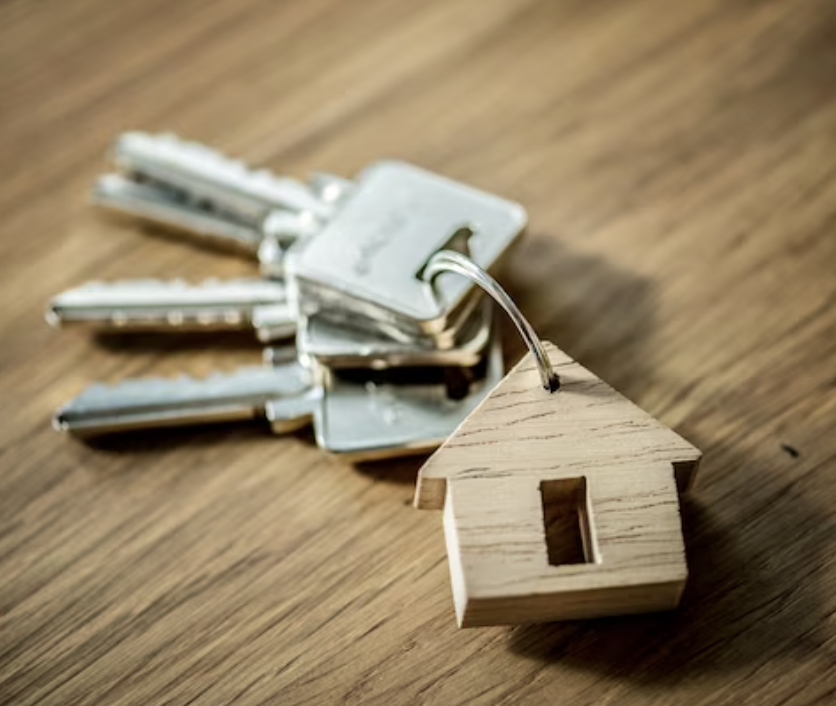
By Ethan Weinstein/VTDigger
Rutland City is now accepting applications for a new revolving loan fund that will provide low-interest loans up to $30,000 per unit to fix up market-rate rental housing.
Mayor Mike Doenges set a goal of creating 1,000 housing units in the next five years.
“Rutland City stands at a pivotal moment in its history,” Doenges said in a press release earlier this month. “By working collaboratively with our housing partners, developers, and the community,” he said, the city could create a “brighter and more prosperous future” for its residents.
The revolving loan fund, endowed with about $400,000 in federal American Rescue Plan Act funds, will be overseen by NeighborWorks of Western Vermont, a housing organization that works in Rutland, Addison and Bennington counties, according to Ed Bove, executive director of the Rutland Redevelopment Authority.
“Rutland’s housing market is unique in that we have an existing housing stock that’s fit for a larger population,” Bove said, noting that the city’s population of about 16,000 is thousands below its peak decades ago. For that reason, he suggested, Rutland already has the infrastructure and units in place to reach its goal.
But such a lofty target will only happen through collaboration, Bove suggested. In addition to the redevelopment authority and NeighborWorks, the Housing Trust of Rutland County, the Rutland Housing Authority, Community and Economic Development of the Rutland Region and Rutland Regional Planning Commission all plan to work toward the 1,000-unit target, according to the mayor’s press release.
Almost exactly a year ago, Gov. Phil Scott visited Rutland County to celebrate the state’s rental rehab grants through the Vermont Housing Improvement Program, which at the time had fixed up 329 units, with $20 million still to spend.
NeighborWorks helped facilitate that rehab work, according to Josh Hanford, who served as commissioner of the Vermont Dept. of Housing and Community Development until last month.
Bove praised the state’s rental rehab grants, and said the city’s similar program would complement that progress.
According to Bove, Rutland had heard from private housing developers that low-interest loans would spur construction in the city. While the exact terms of the new rehab loans aren’t yet set, Bove said they could be as low as 1.5%.
Bove pointed to initiatives already in motion — such as the recently announced $55 million state loan program and zoning reforms passed last legislative session — that will also help spur housing growth.
One-thousand may be a big number, but Bove sees it within reach. “Better to have an ambitious goal,” he said. “We do have the opportunity here.”



